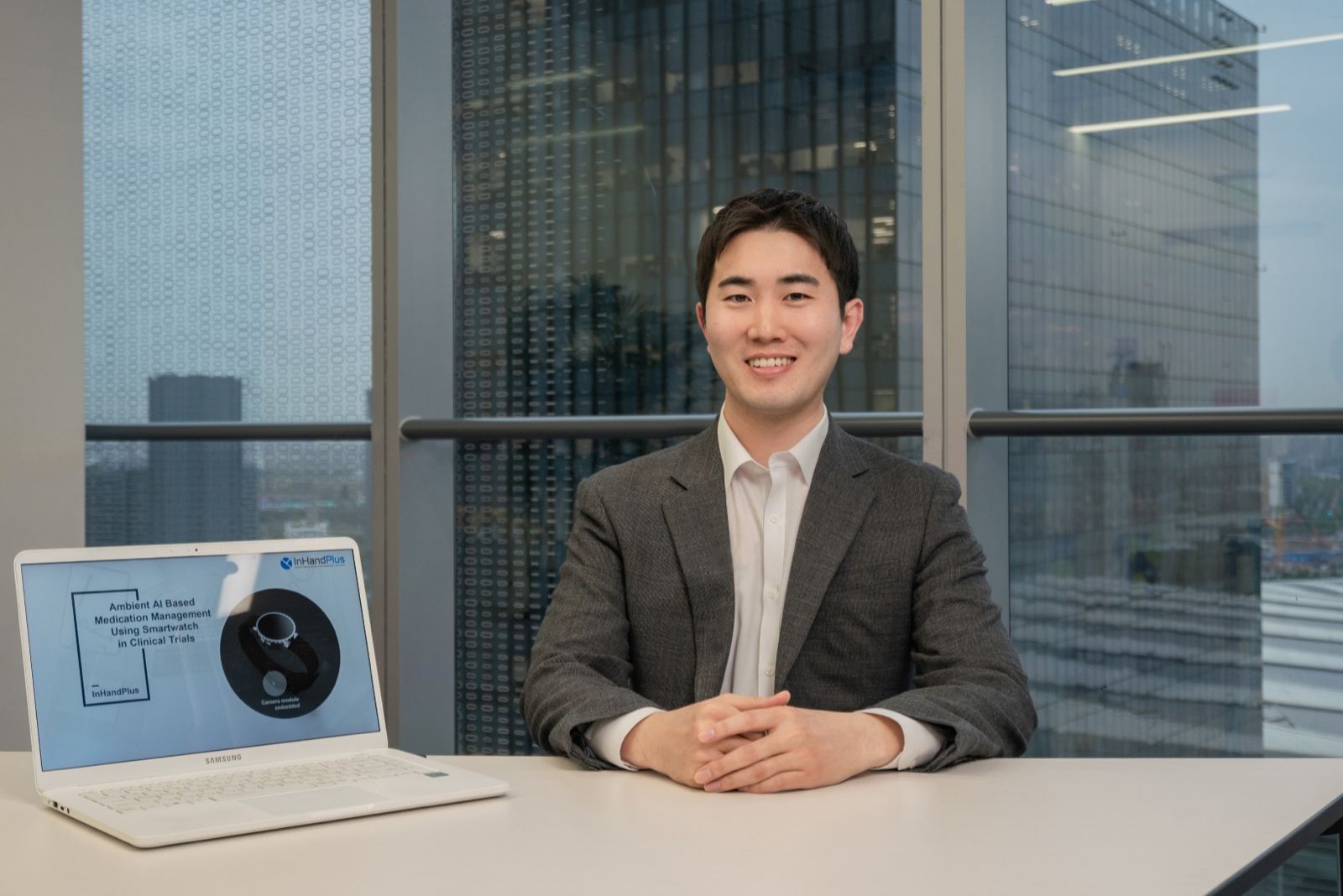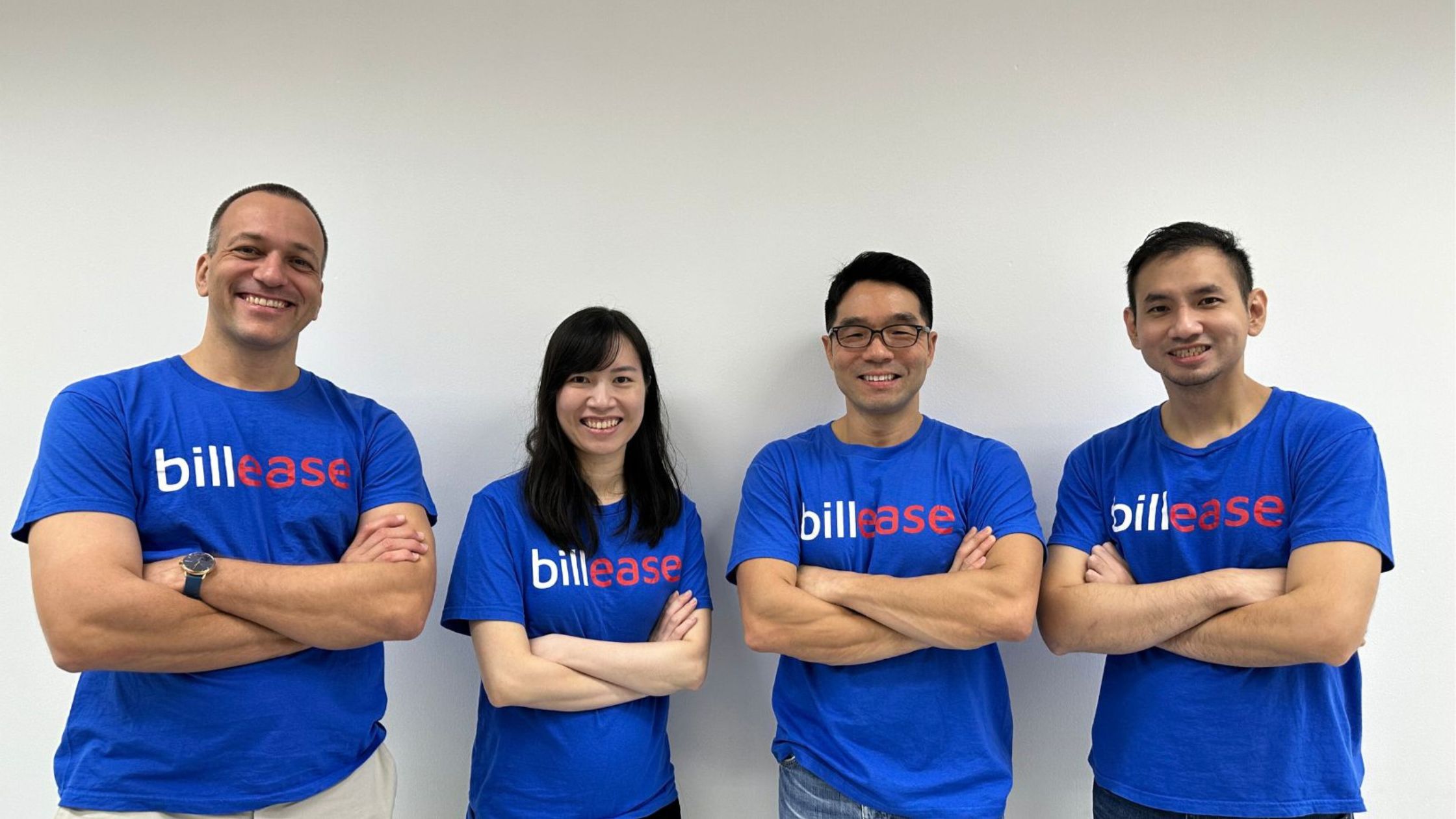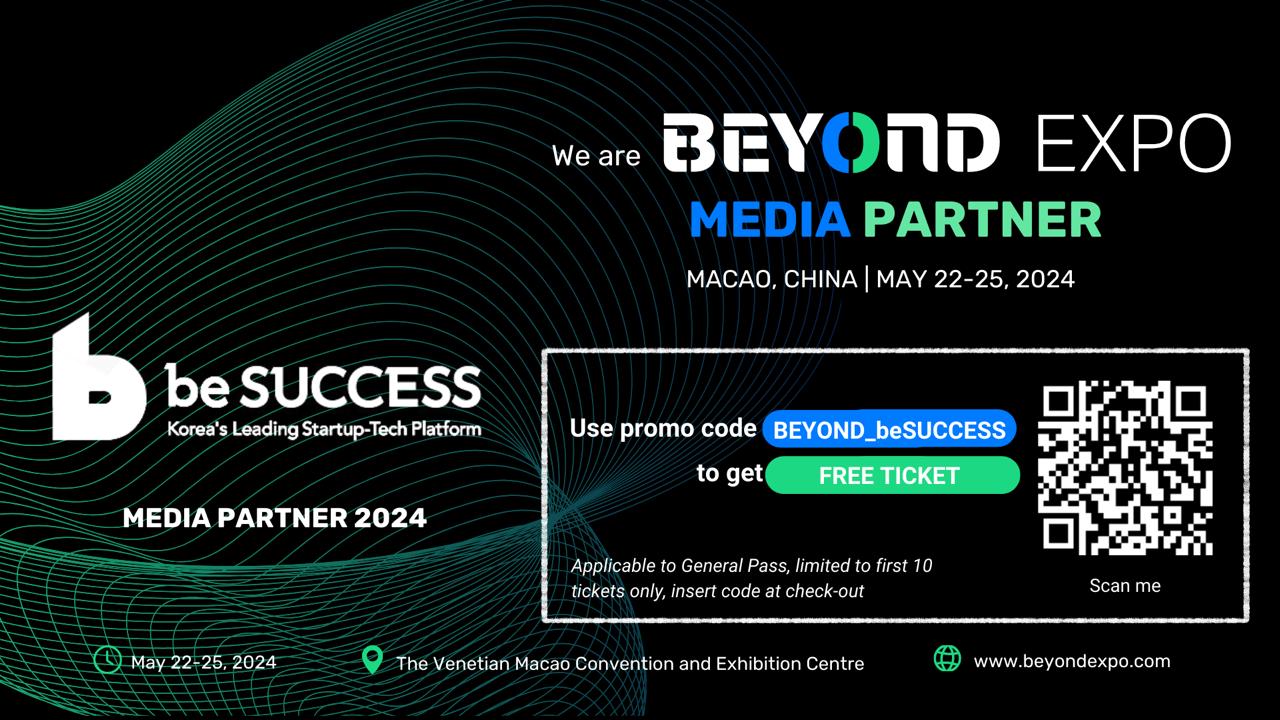AsiaTechDaily – Asia's Leading Tech and Startup Media Platform

Michelle Suteja, Central Capital Ventura – A Well-Known Name Backing FinTech Startups
Michelle Suteja is a noted venture capitalist and has robust experience and expertise in mentoring the ever-changing startup ecosystem. Before she set out on her venture capital journey, Michelle has mentored several startups and budding entrepreneurs and helped them become successful.
Michelle graduated in 2009 from Shanghai University of Finance and Economics with an International Business & Trade degree. She started her entrepreneurship career in Shanghai back in 2005
She started her career in the technology sector in 2013 when she founded e-commerce startup, travel, and marketplace for financial products.
Michelle Suteja mentored at the Global Entrepreneurship Program Indonesia (GEPI) and Purwadhika Startup School. In 2015, she began her venture capital journey when she took a position at Monk’s Hill Ventures. Following that, she became the growth consultant/director of business development for many prominent startups.
Michelle was appointed as the director at PT Central Capital Ventura on June 13, 2017, and the successful stint still continues.
Read on to know more about her views on the overall startup ecosystem and how to be successful.
What background and domain expertise do you have? What makes you turn into an investor?
Michelle Suteja: My background is mostly in investment, strategy, business development, and B2B sales. I have various experiences building startup companies and running different businesses throughout the years whether it be smaller companies or corporate, mentoring startup, consulting for growth companies. Having been an entrepreneur and having various experiences has to lead me to be an investor, where I think I can be very useful for the startup companies in understanding their journey and what it takes to win.
As an investor, what kind of startups have you invested in? How did you find those startups to invest in?
Michelle Suteja: In my current role, startups that we invested in are in the FinTech space. So far, we have invested in 12-14 FinTech companies, ranging from p2p lending, insurance tech, deep tech, A.I. & machine learning, remittance, etc. These companies are from our own network, mainly startups reaching out to us, referrals from VC companies and friends.
What would be the core factors that you decide “Not” to invest in certain companies?
Michelle Suteja: Founder attitude, bad company culture & no product market fit are some of the core factors. It takes a certain type of attitude, culture, and understanding of their business to build a great company.
What would be the KPI that you usually check about the startups’ growth? It may diverse in each industry like LTV, CAC, MoM, etc. but would be helpful to understand more about your additional investment factors.
Michelle Suteja: In terms of startups growth, each startup will have different KPIs to pay attention to. I do focus on the unit economics and growth of the company.
What is the investment range and In a typical year, how many startups do you invest in? And S.Korea headquartered startups have a chance to get investment from you or should be headquartered in certain countries?
Michelle Suteja: The investment range usually from 500k – 2 million USD. Last year, we invested in 12 companies. In terms of investment criteria, we do invest globally in startups that focus on FinTech and have an Indonesian play.
Can you list one company that you have passed (rejected) investment before but think you should have invested in that company. If there is any, why do you think you have missed that investment opportunity?
Michelle Suteja: We don’t disclose any rejected investment.
What are the main factors that startups fail as per your experience after getting investment and how can they prevent mistakes in advance from your personal perspective?
Michelle Suteja: There are 3 main factors that would be the biggest problem for a startup. Weak company culture, founders dynamic, and scalability. It is very important to have a clear company structure that allows the business to be flexible, data-driven and quick farm to table (from customer insight to changes)
What’s your advice to entrepreneurs who have a chance to meet investors like you? and What are the top 3 questions that you always ask the founders?
Michelle Suteja: Always be prepared, know your numbers and where you are heading, be honest about what you know and what you don’t. The 3 questions are, why are you building this business, what is your market size, and I spend time to dig into their financials.
What’s your general thought about the term “Global” and What are the important factors (criteria) for Korean startups to consider for international expansion?
Michelle Suteja: Having people on the ground to build a global business is very important. Every market has its uniqueness and limitations, where only when you are local and on the ground, you’d be able to see and understand.
As you know, our company name is “beSUCCESS”, what’s your definition of the term “success” as an investor or as an individual human being?
Michelle Suteja: Being a successful founder/investor is being able to understand and admit our own capability and limitation. I find people oversee this point a lot, when one can fundraise, that is not an ultimate goal of success, it is a start of the process of deep relationship whether it be your LP or investors. They entrust your vision and capability to manage a business and the company, so the question remains is how one is able to deepen that trust.
When we build companies and start managing people, we also need to realize that these colleagues entrust their livelihood & family livelihood to you, believing and building your vision day in and day out, so how are we suppose to treat them. How are we able to manage all of these? How do we treat people? How do we build a great culture? How do we always grow as an individual to know that we are worthy as an investor, entrepreneur, colleague, son/daughter, father/mother? These are questions that are very unique to each individual. Fundamentally, being able to have and manage vulnerability, empathy, compassion, understanding and so on, are very key to build a successful self and ultimately company.
What are the one or two things that you would do differently if you could go back to 10 years ago?
Michelle Suteja: Carpe diem. I take this attitude in life, so I have no regret. If I could go back, I would do the same thing over. My life has taught me a lot about hardship, friendship, how to manage anger/disappointment, how to give without expectations, how to be humble and so on. I feel lucky to have experienced a lot at a very young age, to understand what I am, where I came from, and what I want to be.
When you have a chance to come to Korea next time, what kind of Korean entrepreneurs and startups you want to meet?
Michelle Suteja: We only invest in FinTech, so I would love to meet FinTech companies with a great founder who has a global vision and ability to execute what they envision.
You can follow Michelle Suteja here.
Are you looking to secure investment for your startup or a keen startup enthusiast, keep an eye on our interview section.
Follow Asia Tech Daily to know about the innovative startups and how they are revolutionizing the ecosystem.





